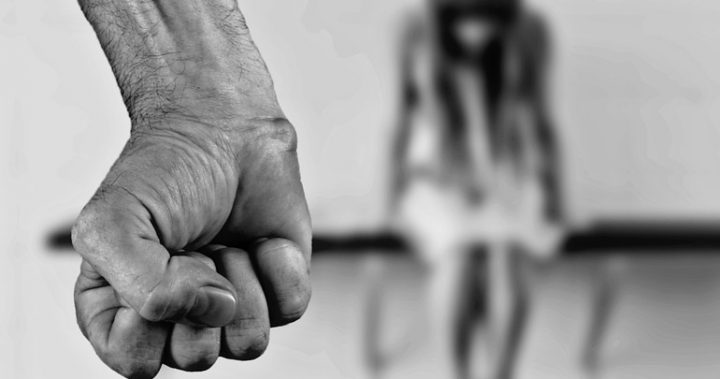Baby Boomer women tell of the silent epidemic of domestic violence

“Stay down. I’m not going to hit you if you stay down.”
These are the menacing words that Starts at 60 community member Fran Spears heard regularly when her ex-husband bashed and kicked her to the floor.
During the four painful years of their marriage, Fran spent more time in hospital than out of it, nursing bruises, broken bones and the horror of nearly being killed twice by the man who claimed to love her.
“There was no help back then. The police didn’t want to know about it,” Fran said.
Even those close to her did not believe that Fran was a victim of regular episodes of domestic violence.
“I would cover up all my bruises,” she said. “And when I did tell people, they would say ‘Oh no, he didn’t do that’. They simply wouldn’t believe it.”
Another Starts at 60 community member spoke of the alcohol-induced physical and verbal abuse her now ex-husband inflicted because he thought, incorrectly, that she was having an affair.
“After the blow to my face I turned my back, crouched down and covered my face. He continued to hit me across the back … after hitting me and yelling at me and getting his feelings out of his system, he stopped and walked off,” she said of one of the beatings. The reader asked that we withhold her identity as she spoke of this so-personal issue.
On this, White Ribbon Day, a day dedicated to the elimination of violence against women, the figures around partner violence, and all forms of violence against women, remain alarmingly high.
According to the Australian Bureau of Statistics, women were nearly three times more likely to have experienced partner violence than men.
A staggering one in six women (17 per cent or 1.6 million) and one in 16 men (6.1 per cent or 547,600) have experienced partner violence since the age of 15.
Worse still, one in five Australian women (18% or 1.7 million) have experienced sexual violence.
Women from the Starts at 60 community also shared stories of having been sexually abused by their fathers, uncles and trusted family friends – and while it’s hard to quantify the scope of violence experienced, there seems to be a general feeling that the number of victims would be all too high.
Campaigns like White Ribbon and the recent outpouring of stories inspired by the #metoo movement certainly play their part in raising awareness of the issues around violence, but it’s still too difficult for many women to talk publicly – or even privately – to friends and family about their stories of abuse.
“You were looked down upon [if you spoke up]. I only started talking about this in the last few years,” Fran said. “We shouldn’t be ashamed – we don’t deserve it. Coming out and telling people doesn’t make you any less scared, but I’m more scared that this [violence] is going to continue than I am about saying something.”
“Our laws are so antiquated. The law needs to change,” Fran continued.
“The police will step in more now. But there’s no help when you go to court. When it gets to court, it always seems to be the woman’s fault. I don’t think it’s changed much since those days – the judge will slap someone with a first offence and then they’ll go out and kill someone.
“The penalties have to change. They’re not harsh enough,” said Fran, who would rather see even first-time perpetrators of violence sentenced to at least a year in jail.
“I’m 64 now, and it’s time for me to fight for women like me; for my nieces and my granddaughter. I will stand up against anybody for it.”
A list of resources and support for victims of domestic violence is available here.








 Proudly Australian owned and operated
Proudly Australian owned and operated